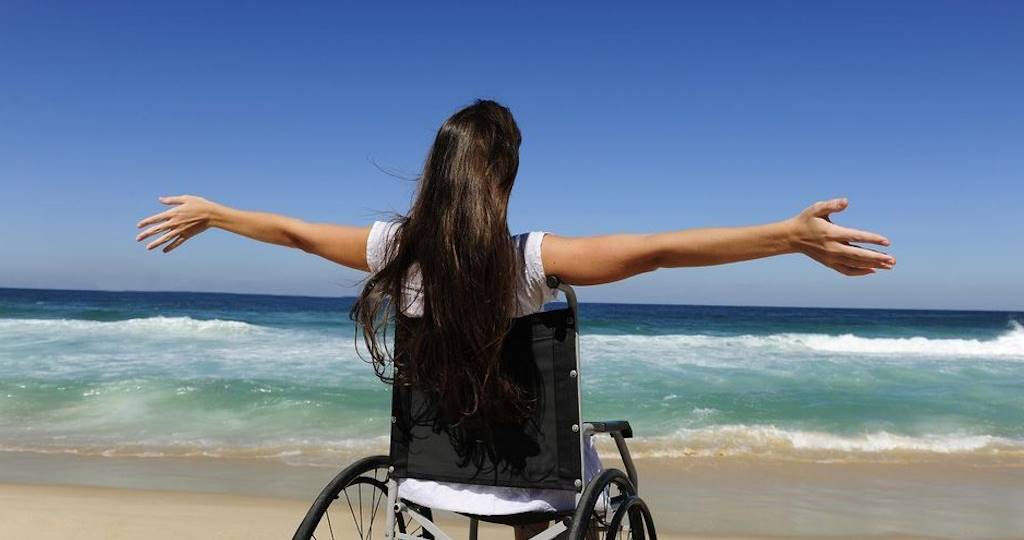
Unlike in the past, today people with disabilities have been recognized, and are less discriminated against. In many countries, there are legislations that protect them and make their life a little easier. Also, many public buildings have been designed or renovated in order to accommodate people with disabilities.
With all these improvements, people with disabilities are now able to travel for vacations or business trips to places far away from their homes. However, with all these improvements we have made, traveling for people with disabilities is still a challenge for them, especially when they are traveling alone or, they are traveling to an unknown destination. Below is a guide to help people with all forms of disabilities to travel safely.
1. Plan well in advance
Planning is key to any form of success. This is very important because it reduces the chances of getting stranded and being inconvenienced. Booking flights and hotel rooms are the top priorities, however, if you are going to stay at a friend’s or a relative’s house; notifying them in advance is very important. Then they can be prepared and even pick you up from the airport.
2. Book hotels that are disabled friendly
Hotels with disabled-friendly structures are very convenient as they allow disabled individuals to move freely with minimal effort. Most of these hotels also have special emergency protocols that ensure disabled individuals are not left behind in case of an emergency, unlike some hotels where these issues are overlooked.
3. Use a travel agent that offers travel packages for disabled travelers
Booking flights and hotel rooms with travel agents that offer travel solutions to disabled people is advantageous in a number of ways. They ensure they book for their disabled clients airlines and hotels that are disabled-friendly. They strive to offer services and suggestions that will ensure their clients travel comfortably.
4. Understand and know your rights when at the airport
Travelling, for people with disabilities, is very hectic, especially when they arrive at the airport. They face the challenge of getting proper information and directions. This is further aggravated by the huge number of people traveling and long queues. In airports, there are attendants that are supposed to attend to the needs of those traveling with disabilities.
Disabled travelers should not, and are not, treated differently when they go through security measures. They are also protected from any form of discrimination from any airline. Disabled travelers are advised to be very conversant with their rights to avoid and report any form of discrimination when traveling.
5. Bring extra medication
There is no harm in carrying an extra dose of medication when traveling. People do lose their luggage as they travel so, having an extra dose will act as a backup when one dose gets lost. This also ensures that when traveling, disabled people do not run out of their medicine forcing them to start looking for a drug store when traveling. These medications should be stored properly to ensure their safety.
6. Take a doctor’s note and contact information when traveling
A doctor’s note contains important information about a condition that a disabled person is facing and this will help doctors save a lot of time on tests in case of an emergency. Contact information for your doctor allows other doctors to get important information from your doctor should the need arise. This small, but vital, information can save lives.
7. Use direct flights
It is very hectic and tiresome for a disabled traveler to use connecting flights. Using connecting flights exposes them to loss of their luggage and even injury as they get in and out of a plane. Using a direct flight cuts all these risks down and saves a lot of time and energy when traveling. Direct flights also ensure that those traveling with disabilities are not stranded in an airport as they wait for a connecting flight.
8. Disabled travelers are advised to have some knowledge about where they are traveling to
There is nothing more difficult than looking for directions to a place you do not know about. This is even harder for disabled travelers so, it is advisable to have at least some knowledge and understanding of their destination. This will give them an upper hand when moving around and the knowledge to know where to go and where not to go. This will be very helpful when they are stranded or experience an emergency situation and need urgent assistance.
9. Carry the appropriate luggage
Disabled travelers are advised to carry luggage that they can manage when they are traveling. Unless they have company, traveling with a huge amount of luggage is not easy. Traveling lightly enables disabled travelers to be more flexible to situations that arise besides, a large amount of luggage can also easily get lost.
10. Enjoy traveling
Many disabled people do not travel often because of a lot of limitations that discourage them. However modern technology ensures safe travel for all regardless of their condition. Traveling should be enjoyed by all since it is a chance to experience new things that are different than what they are used to.
